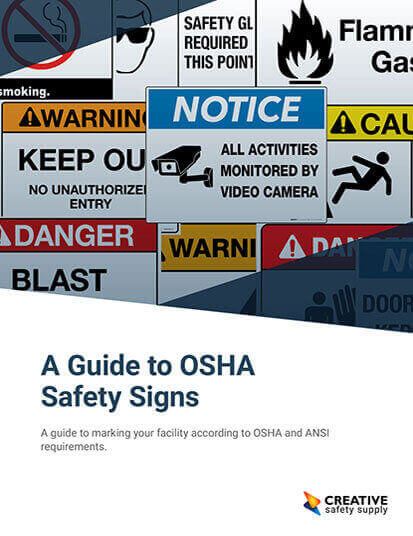
There are many laws in place that regulate the healthcare industry and try to make it better, safer, and more effective. Anyone who works in the healthcare industry needs to be aware of the laws that are in place so that they can remain in compliance with them while also providing the best level of care possible. Many key laws have a huge impact on the industry as a whole, so they are a good place to start when learning about healthcare regulations.
One of the most impactful laws is the Health Insurance Portability and Accountability Act of 1996, also known as HIPAA. This law regulates how healthcare industries have to protect patient information while also making it readily available to other healthcare professionals so that it can be used to provide proper care.
Another key law that many people aren’t aware of is the Patient Safety and Quality Improvement Act of 2005, or PSQIA. This law establishes strong protections for healthcare workers who report any type of unsafe working conditions at their facility. This can help to ensure hospitals are following established regulations and best practices for the type of care they provide as well as the safety procedures that they are supposed to be following.
Of course, there are many other laws and regulations in place that healthcare facilities need to follow. Taking the time to learn more about them and how to stay in compliance is important. It will not only help to avoid fines or penalties but will also help to ensure the facility provides the best level of care possible.
Similar Questions
- Why is OSHA Important in Healthcare?
- What is Patient Safety in Healthcare?
- What are Lean Principles in Healthcare?
- What are Examples of Quality Improvement in Healthcare?
- Do Hospitals Have to Follow OSHA Guidelines?
- Who is Responsible for the Oversight of Healthcare Facilities in the United States?
- How Can the Lean Improvement Cycle Improve Quality Issues in Healthcare?
- What is Safety in Healthcare?
- What is Lean Management in Healthcare?


